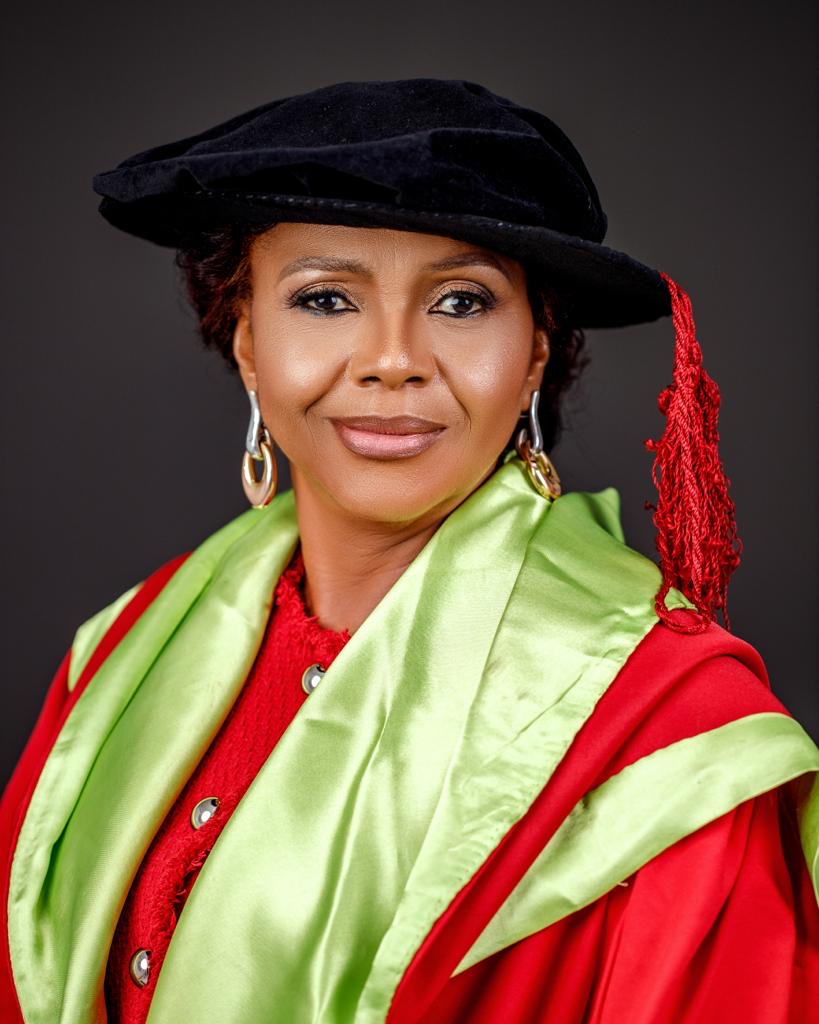
Doctors under the umbrella of the Nigerian Medical Association, on Monday, said they will pay no attention to a directive by the Medical Dental Council of Nigeria warning practitioners against strike actions and I Agree!
Salaries and wages are a crucial point of discussion in any industry or profession, particularly in the field of healthcare. In Nigeria, the issue of inadequate compensation for doctors has been a topic of public debate for several years. It is widely recognized that the Nigerian healthcare system is hampered by a shortage of well-qualified and experienced medical professionals. Many Nigerian doctors choose to seek employment opportunities abroad, where they can earn significantly higher salaries. This trend has contributed to the brain drain of healthcare professionals from Nigeria, exacerbating the existing healthcare crisis. The recent demand by the Nigerian Medical Association (NMA) for an upward review of the Consolidated Medical Salary Structure, and the threat of strikes and widespread withdrawal of services, underscores the urgent need for the Nigerian government to address the issue of doctors’ salaries in the country.
The objective of this post is not to undermine the importance of fair compensation for medical professionals, but rather to discuss the implication of the recent revision of senator salaries in Nigeria. The recent revision of senator salaries undoubtedly raises questions about the priorities of the Nigerian government and the allocation of financial resources. It is essential to consider the factors that warrant higher salaries for senators and whether these factors take precedence over the need to increase doctors’ salaries in Nigeria.
Senators hold significant positions of power and responsibility in the Nigerian government. They are charged with the task of representing the interests of their constituents, participating in the legislative process, and overseeing the allocation of public funds and resources. The importance of this role cannot be overstated, as senators play a vital role in shaping public policy and governance. Additionally, holding public office in Nigeria comes with a certain level of risk and exposure, especially in a country where political tensions and security concerns are prevalent. It is therefore reasonable to argue that senators should receive a competitive salary commensurate with the responsibilities and risks associated with their positions.
On the other hand, healthcare professionals, particularly doctors, are indispensable to the functioning of any society. They are a bedrock of public health and wellbeing, and their contributions are vital in ensuring a functioning healthcare system. In Nigeria, the shortage of doctors and healthcare professionals has dire consequences for the population, particularly in underserved and remote areas. Doctors work long hours under often strenuous conditions, providing essential medical care to patients in need. It is crucial to recognize the dedication and hard work of doctors and to provide them with fair compensation that reflects the value of their contributions to society.
In light of these considerations, it is evident that the issue of salary disparity between senators and doctors in Nigeria is a complex and multifaceted one. While senators hold positions of high authority and responsibility, doctors are integral to the health and wellbeing of the population. Both roles are essential for the functioning of a healthy and prosperous society.
In conclusion, the recent demand by the Nigerian Medical Association for an upward review of doctors’ salaries is a clear indication of the urgent need to address the issue of compensation for healthcare professionals in the country. While senators play a crucial role in governance and policy-making, it is essential for the Nigerian government to prioritize the healthcare sector and ensure that doctors receive fair and competitive salaries. Addressing the issue of doctors’ salaries is not only a matter of economic fairness, but it is critical for ensuring the availability of well-qualified medical professionals and the delivery of quality healthcare services to the Nigerian population. Ultimately, both senators and doctors play indispensable roles in the development and wellbeing of Nigeria, and it is imperative for the government to allocate resources in a manner that reflects the importance of both professions.
checkout my land banking investing deal here
Checkout all my current offers HERE




